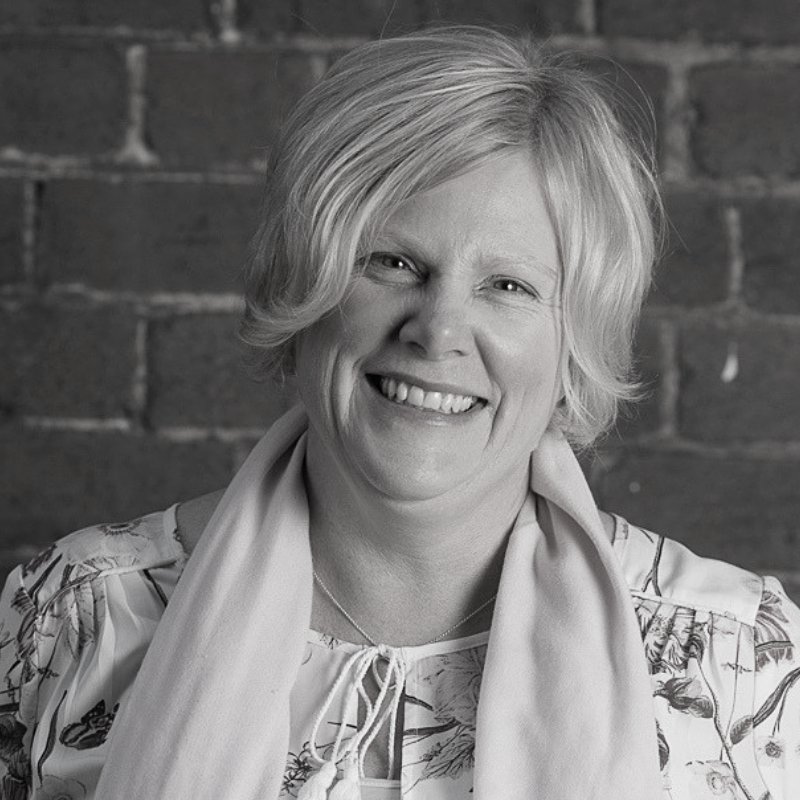

For people who know me, they would say I’m an extrovert. So, this may come as a surprise to them, I’m having trouble re-integrating back into the world now restrictions are being lifted.
I have good (really good) intentions of getting out and about, but I’m finding it easier to stay at home and potter (now I’m sounding like an 80 year old). It got me thinking – am I alone in this?
Much has been written about the stages of isolation from the panic buying and confusion to the honeymoon period (I’m not the only one who was wearing Ugg Boots in Zoom meetings!) and then on to resentment where days blur into nights and you stop telling people you’re learning the guitar or baking sourdough…or knitting a blanket.
Now we’re in the ‘re-integration phase’, a term coined by Dr Kimberley Norris, a clinical psychologist and authority on extreme polar confinement and reintegration. She says reintegrating after isolation can take several months – it can take a year or more for more for Antarctic workers to reintegrate and adjust from isolation.
Because we’ve been managing COVID in isolation from one another, our frame of references, our experiences, are slightly different. We have to develop shared experiences all over again.
Reintegration is also a time when many Australians will re-evaluate parts of their lives and their relationships.
“I’ve got on so well without you during lockdown, do I really need you in my life going forward?”
So, it got me thinking – if we’re questioning our personal relationships as we re-emerge, are we also questioning our relationships with brands?
Our behaviour expert, Kris White says yes.
He says the winners will be brands which have been able to accompany and empathise with people while in isolation, such as online streaming services Spotify and Netflix. In Behavioural Science terms the brands that will come out on top are those that have remained mentally available and salient.
There will also be a deeper appreciation for services like grocery delivery, our posties as well as wholesome or sentimental activity brands that connect people – think jigsaw puzzles and cookbooks (hands up who baked their way out of iso?).
Local providers will also be well positioned with communities supporting their corner store, coffee shop or handyperson over conglomerates with deeper pockets. Buying local will continue well into the future as a concerted effort is made more broadly to buy Australian owned.
An ongoing relationship with big brands will be dependent on the degree of shared experience and trust. Some will appear as fair-weather friends, some will be seen as Citizens. Airlines in particular will have to work extra hard to come back in from the cold – as Kris White says, this relationship re-integration will be like a dating a complicated ex.
Some standouts over the past few months include:
Coles & Woolies
Australia Post
Some brands however, struggled to give their customers confidence during the crisis. NBN, Telstra, Optus…all have kept their heads down pretending WFH drop-outs were not an issue.
At a time when money concerns were at a peak, Me Bank quietly, without permission, blindsided customers by removing access to money in redraw facilities.
So, what can brands do to ensure they remain part of their customer’s lives? According to Kris White, there are four essential considerations for effective post-COVID communications:
On a personal level, Dr Norris says don’t make any major life decisions for a couple of weeks – our emotions are a rollercoaster with reverse culture shock.
She says you need to ask: “How much of this is us getting used to the environment again and how much of this is really the relationship?”
I will reintegrate. It will just take some time.
Access to the ECCO Global Communications Network is simple. Contact information for a specific geography is available on the agency overview pages accessed here or contact the ECCO Global Communications office via email info@ecco-network.com.